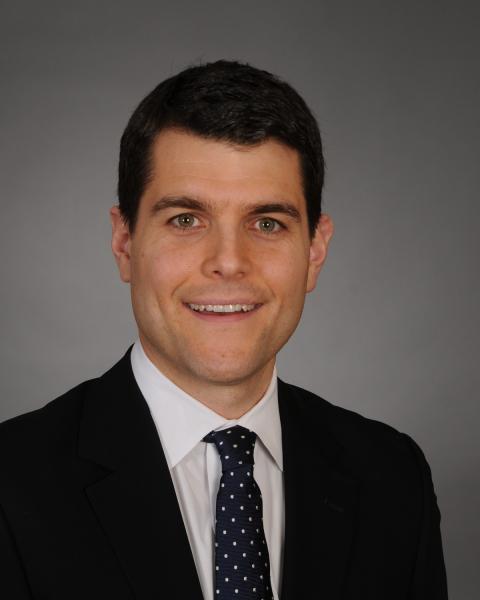
In this column, we highlight “Cross-Selling Culture Champions,” those who step up and proactively engage in behaviors that encourage more, and better, cross-selling activity. For Brian Trinque, Ph.D., partner in charge of Lathrop & Gage’s Boston office and head of the IP Pharmaceutical Team, an “aha” moment came when he learned how important cross-selling was for improving client retention. “When I heard the statistics that the more firm practice areas used by a client, the less likely they are to leave, that hit home for me. There is no more valuable asset than an existing client, and firms should do everything in their power to keep them happy and loyal. This requires building solid relationships, and cross-selling can be part of that overall strategy.”

Brian Trinque, Ph.D.
Brian highlights an example of solidifying a relationship with one of his clients. “I handle their chemistry-related IP. When the client began to explore gene-therapy technologies, I introduced them to a partner in my office who has a high level of expertise in that area, and we now do that work for them. By ‘cross-serving’ more of their needs, we now have two solid touches with the client, which deepens our relationship.”
There are natural obstacles, however, that can get in the way of cross-selling. Brian has observed there are “partners who don’t trust exposing their clients to other areas, because they’re apprehensive about how devoted others will be to their client. It is therefore important to make sure the needs of your partners are taken into consideration. As an example, to maintain ongoing commitment and interest, I offered to share origination credit on the gene-therapy work. In the future, I might adjust this percentage even higher depending on how the client relationship progresses. For the long-term health of the client relationship and the firm, I have to think unselfishly to make sure the client is being well-served.”
“To further develop a culture of sharing and trust, you must also know the talent that exists, both within and outside of your group. Do research on the other lawyers – review bios, get word-of-mouth recommendations, and then invest time in building personal relationships. One great place to do this is at firm retreats, especially in firms that have multiple offices. While retreats often have varying reputations, the main benefit is to use it as an opportunity to meet other lawyers. You can learn from them, form real relationships, and gain mutual trust.”
Brian continues, “We develop activities that get us to know each other with an emphasis on cross-selling. At our recent retreat, we played a game which included using a double-sided sheet of trivia questions on practice areas and offices, and people ran around to get answers from others about parts of their practice. We also received ringed notebooks that described our different practices. By using exercises like these, the firm is constantly thinking about cross-serving our clients, constantly reminding us to do the right things.”
Brian has first-hand experience with how being proactive at a firm retreat can yield results. “When our IP lawyers got together at our summer conference, and they highlighted a lawyer in another office who had a strong ESOP practice. I knew a client that needed someone with this expertise, I put them together, and we got the work. Similarly, while at the firm retreat, our former CEO told me I should meet some people in our estate planning and tax group. Before this, I didn’t realize the depth we had in this area. I had some clients with complicated international tax issues, and was able to make a connection.”
“I’ve also seen the value in traveling to other firm offices specifically to spend time with individual lawyers. In one instance, I identified a particular transactional lawyer, he arranged to visit our Boston office and we spent time getting to know one another. This made me comfortable enough to refer four pieces of work to him. It was important for me to learn more about him as a person before I could recommend him to my clients, and it was well worth the effort to invest the time in meeting with him.”
As the saying goes, knowledge is power. “The more we know about each other, the more it gives us opportunities to have “by the way” conversations with our clients. For example, if you can anticipate client needs, you might say something like, “by the way, I was wondering what you’re doing about the new employment regulations that were just passed.” If the client gives any indication of interest in learning more, you can make a little elevator pitch and suggest an introduction to the right lawyers in your firm.”
* * *
National Law Review, Volume VI, Number 63 (www.natlawreview.com)

